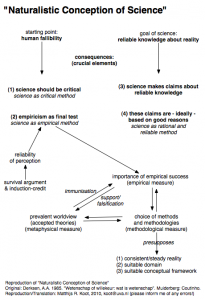Bill Blunden‘s paper “Manufacturing Consent and Cyberwar” (.pdf), written for the Lockdown 2010 conference, deserves more attention and discussion, IMHO. Obviously referencing “Manufacturing Consent: The Political Economy of the Mass Media” (1988) by Edward S. Herman and Noam Chomsky, Blunden discusses the dangers of “offense is the best defense” crisis mentality, (mis)attribution of attacks and weakly-founded claims about (future) threats by security firms and media; which altogether may resemble the propaganda model after, updating it to the current realm of discourse, one replaces Herman/Chomsky’s “anti-communist” filter with perhaps a more generally apocalyptic “FUD” filter (better suggestions are welcome). The paper is well-written. Its abstract:
Over the past year, there have been numerous pieces that have appeared in the press alluding to the dire consequences of Cyberwar and the near existential threat that it represents to the United States. While these intimations of destruction can seem alarming at first glance, closer scrutiny reveals something else. Ultimately, the gilded hyperbole of Cyberwar being peddled to the public is dangerous because it distracts us from focusing on actual threats and constructive solutions. Pay no attention to the man behind the curtain says the ball of fire named Oz. In this presentation, I’ll pull back the curtain to expose the techniques being used to manipulate us and the underlying institutional dynamics that facilitate them.
Slides (.pdf) are available as well.
(PS: yes I see the irony of posting “Cyberwar = Propaganda” on “blog.cyberwar.nl”)
